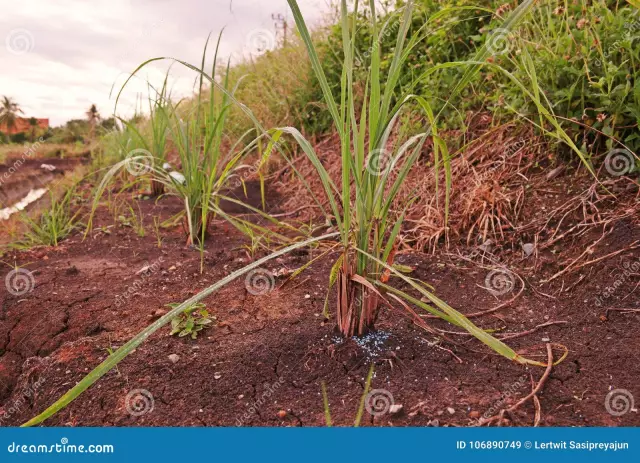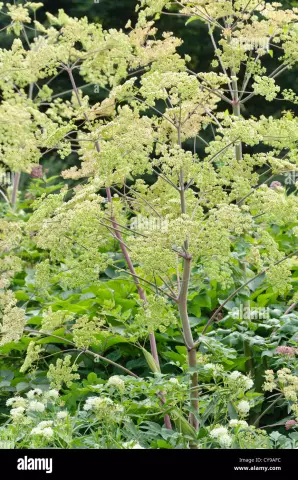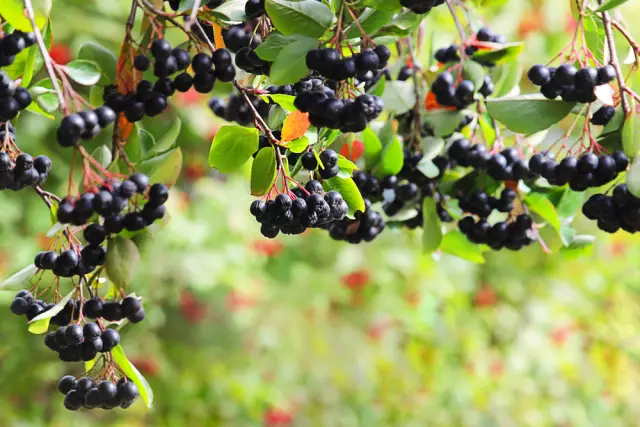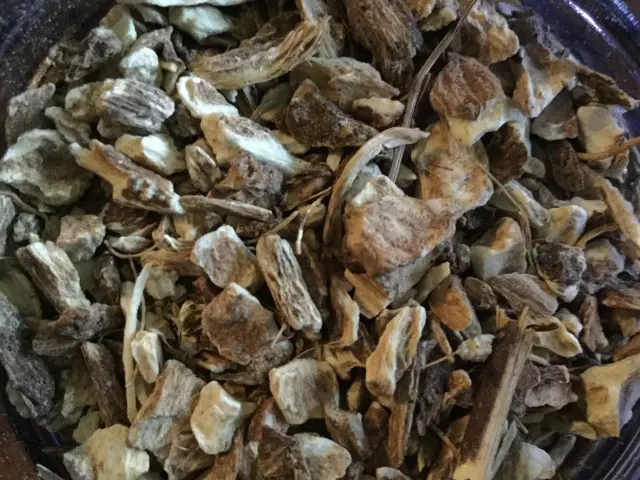- Author Rachel Wainwright wainwright@abchealthonline.com.
- Public 2023-12-15 07:39.
- Last modified 2025-11-02 20:14.
Loosestrife
Instructions for use:
- 1. Medicinal properties
- 2. Application in traditional medicine
- 3. Contraindications to use

Derbennik is a perennial herb of the Derbennikovye family with a straight stele and a powerful woody root. Other popular names for this plant are plakun - grass, podberezhnik. The grass grows Derbennik in the temperate zones of Eurasia, common in Russia, Belarus, the Caucasus and Ukraine. Basically, this plant can be found in swamps, coastal strip, flooded meadows. There are more than 15 types of Derbennik in total, but the most common is Derbennik willowy (which has healing properties). This plant is a good honey plant, it is possible to grow Derbennik in garden plots.
Healing properties of Derbennik
This plant has tannic, wound-healing, analgesic, antiseptic, anti-inflammatory, hemostatic and diuretic properties.
For medicinal purposes, all parts of the Derbennik are used - roots, stems, leaves, flowers and seeds. The roots of this plant are rich in tannins, its seeds contain an alkaloid (glycoside lithrarine), leaves - a glycoside salicarin, essential oils, resin. Derbennik flowers are rich in flavones.
Application in traditional medicine
In folk medicine, Derbennik herb is used in the treatment of acute intestinal infections, chronic gastritis and colitis. The astringent and anti-inflammatory effects of this plant make it indispensable for diseases of the gastrointestinal tract. It is also used for fever, colds, diseases of the genital area.
The loosestrife is used to treat toxicosis of pregnant women (as an antiemetic). This medicinal plant is included in some homeopathic medicines. Derbennik broth has a hemostatic effect and helps in stopping bleeding of various origins (uterine, gastrointestinal, external).
An infusion of herbs and flowers of this plant is used externally for skin diseases (for example, eczema), as well as for washing purulent wounds.
Tea with Derbennik is good for neurological diseases, depression, hysteria, asthenic syndrome. A decoction of this plant is added to baths in the treatment of epilepsy using folk methods.
Decoctions, infusions and tinctures of Derbennik are prepared from the roots or tops of a flowering plant.
To prepare the infusion, you need 5 g (1 tsp) of dry chopped herbs, pour 250 ml of boiling water and insist for 4 hours. After that, the infusion is filtered and taken orally 1/3 cup 3 times a day.
Derbennik tincture is prepared as follows: the crushed part of the plant (roots, stems, flowers) is poured with 76% alcohol (or vodka) in a ratio of 1:10 and infused for 2 weeks in a dark cool place. After that, the solution should be filtered and taken 20-40 drops 3 times a day before meals (pre-diluted in 50 ml of water).

Derbennik broth is prepared from the roots. To do this, 1 teaspoon of crushed raw materials is poured with 250 ml of water, cooked for 5 minutes over low heat. Then the broth is infused for 1 hour, filtered. The broth should be taken ¼ glass 3 times a day before meals. Derbennik broth is taken as a diuretic for edema and kidney disease.
A wound healing agent can be made from fresh leaves. For this, the leaves are crushed into gruel and applied to the wound area.
Cultivation of Derbennik is also possible in artificial conditions on "apothecary" beds, he loves the neighborhood with mint, elecampane, oregano and motherwort.
Contraindications to the use of Derbennik
This plant is not recommended for people with an increased risk of thrombosis, with disorders of the blood coagulation system. You should also not use the herb Derbennika in the treatment of atonic constipation in the elderly. In case of arterial hypertension, this plant must be used with caution, since the loosestrife leads to vasoconstriction (vasoconstriction).
Information about the drug is generalized, provided for informational purposes only and does not replace the official instructions. Self-medication is hazardous to health!






